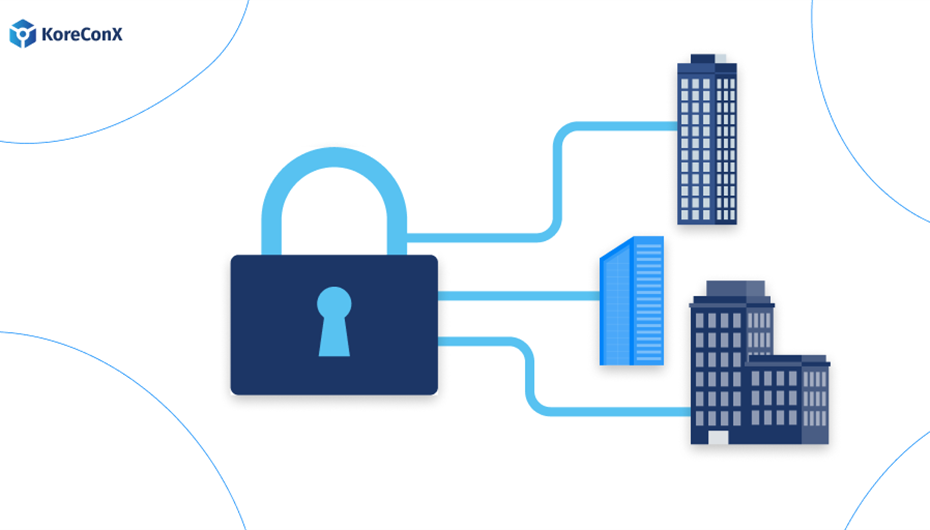The real estate market has seen a substantial uptick in value, with more and more people looking to invest in this asset class. However, the high barrier to entry – requiring significant capital – has traditionally limited participation to only those with deep pockets. But with tokenization and the blockchain technology that supports it, anyone can get in on the action.
What is Tokenization?
In simple terms, tokenization is the process of converting something of value – in this case, real estate – into digital tokens that can be bought and sold on a blockchain platform. This allows for fractional ownership of assets, which opens up investment opportunities to a much wider pool of people. Tokenization is a process that can facilitate investment in fractional portions of real property, thus lowering the barrier to entry for retail investors. By digitizing real estate ownership and using blockchain technology to track transactions, tokenization makes it easier and faster to buy and sell property and reduces the costs associated with traditional real estate transactions.
Why Tokenize Real Estate?
There are a number of benefits to real estate tokenization. For investors, lower minimums and smaller investment amounts can lead to higher returns as they benefit from the potential appreciation of the underlying real estate asset. For issuers, access to a wider pool of investors is facilitated by the ease of transferability and liquidity of tokens. In addition, through automated processes and a permanent, unchangeable digital ledger, blockchain technology has the potential to streamline investment transactions and reduce transaction costs.
For real estate agents, the benefits of tokenization are twofold. First, it presents an opportunity to increase business by working with clients interested in tokenizing their property. In addition, real estate agents who are early adopters of this technology will have a competitive advantage as the industry moves towards greater adoption of blockchain-based solutions. With tokenization, an asset can be transferred and sold much more easily and quickly than through traditional methods, so real estate agents who can help their clients navigate this new landscape will be in high demand.
How Does Tokenization Work?
The tokenization process begins with the asset owner working with a platform provider to create a digital token representing property ownership. The asset is then appraised, and a value is assigned to the token. Once the token is created, it can be bought and sold on a blockchain platform, similar to how cryptocurrency is traded. When the asset is sold, the tokens are transferred to the new owner, and the transaction is recorded on the blockchain.
The entire process is facilitated by smart contracts, self-executing contracts that can be programmed to execute certain actions when certain conditions are met. For example, a smart contract could be programmed to automatically transfer ownership of the tokens when the asset is sold. This would eliminate the need for a third party to facilitate the transaction and ensure that the transaction is completed promptly and efficiently.
While there are many advantages to real estate tokenization, issuers should know the securities law implications of issuing tokens. Tokenizing real estate is a complex process, but the benefits are significant for both investors and issuers. By lowering the barrier to entry and increasing liquidity, tokenization has the potential to revolutionize the real estate industry.
Register for FREE to comment or continue reading this article. Already registered? Login here.
0



